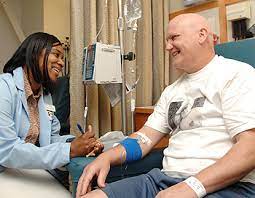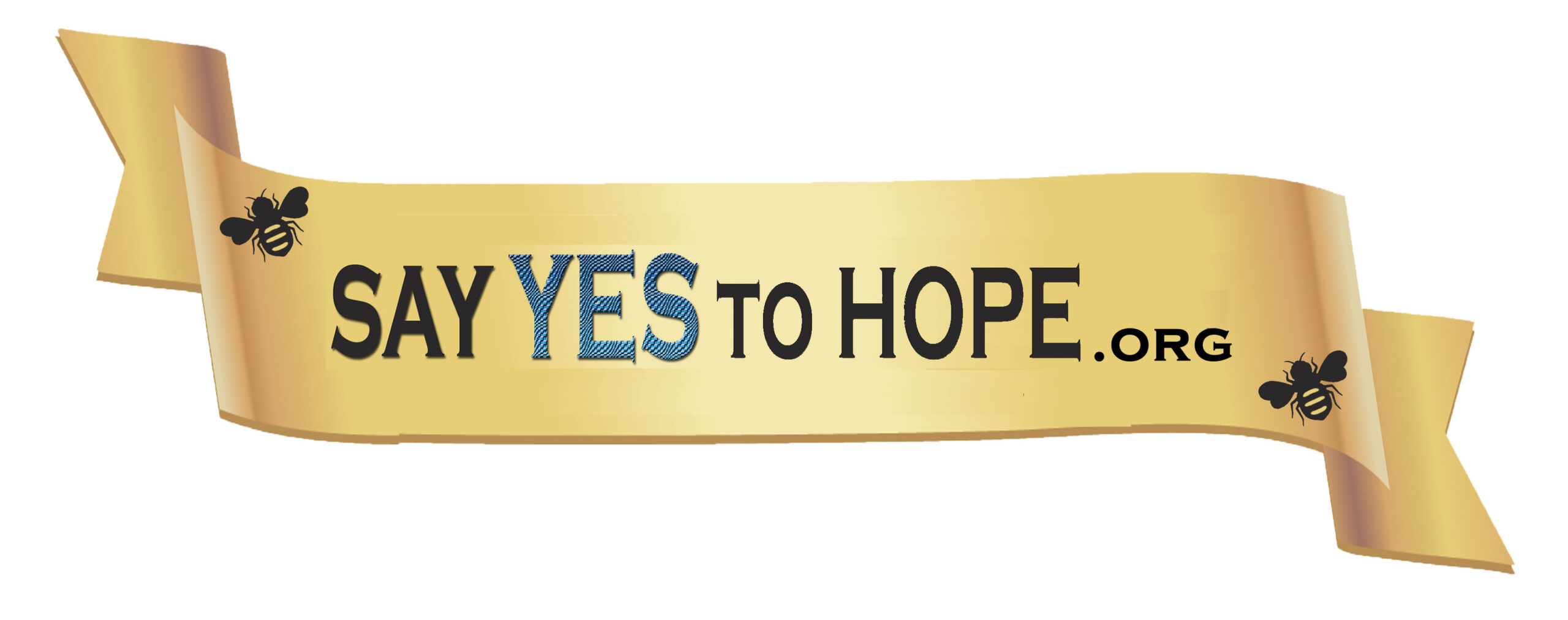 Patients with Stage 4 esophageal cancer often have a great deal of cancer spread at the time of diagnosis and surgery will not provide a cure. Most patients with Stage 4 esophageal cancer have disease that has already spread and cannot be removed with surgery, so systemic treatment that can kill cancer cells throughout the body is necessary.
Patients with Stage 4 esophageal cancer often have a great deal of cancer spread at the time of diagnosis and surgery will not provide a cure. Most patients with Stage 4 esophageal cancer have disease that has already spread and cannot be removed with surgery, so systemic treatment that can kill cancer cells throughout the body is necessary.
Systemic treatment is called chemotherapy. Chemotherapy can also destroy cancer cells that have metastasized to parts of the body away from the original tumor site. Combining two or more chemotherapy agents can be used for treatment of esophageal cancer, as this will help to provide a better response overall.
Chemotherapy approved to treat esophageal cancer are as follows:
- Carboplatin and paclitaxel (Taxol)
- Oxaliplatin and either 5-FU or capecitabine
- Cisplatin and either 5-fluorouracil (5-FU) or capecitabine
- Cisplatin and Irinotecan (Camptosar)
- Paclitaxel (Taxol) and either 5-FU or capecitabine
There are some other treatments and treatment combinations that are usually not used in conjunction with radiation but that can be used to treat esophageal cancer may include:
- ECF: epirubicin (Ellence), cisplatin, and 5-FU (especially for GEJ tumors)
- DCF: docetaxel (Taxotere), cisplatin, and 5-FU
- Trifluridine and tipiracil (Lonsurf), a combination drug in pill form
Chemotherapy can also be used in combination with immuno-oncology or immunotherapy.




